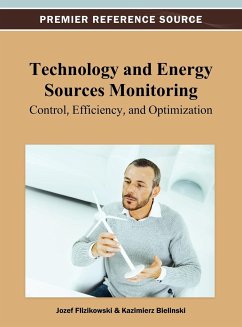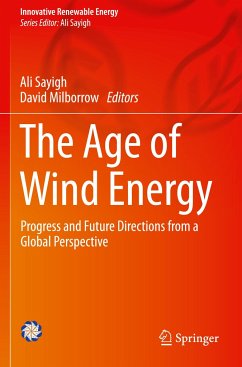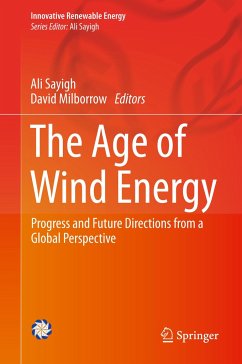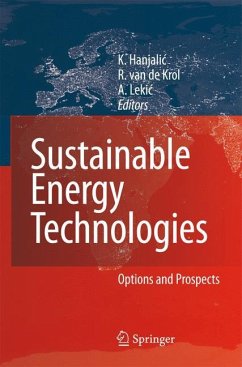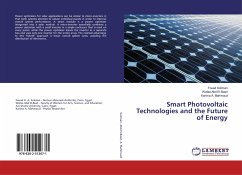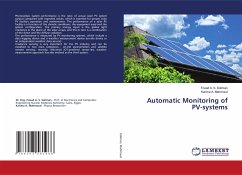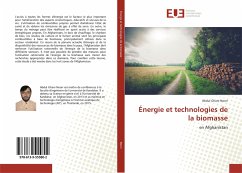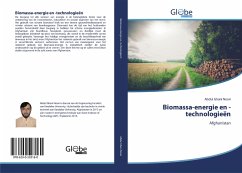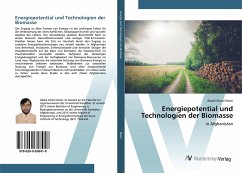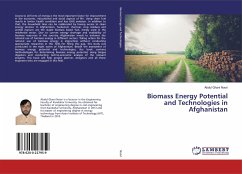
Biomass Energy Potential and Technologies in Afghanistan
Versandkostenfrei!
Versandfertig in 6-10 Tagen
41,99 €
inkl. MwSt.

PAYBACK Punkte
21 °P sammeln!
Access to all forms of energy is the most important factor for improvement in the economic, educational and social aspects of life. Using clean fuel results in better health condition and less GHG emission. In addition to that, the household time can be reallocated by having access to clean energy services. In Afghanistan, fuelwood, charcoal, crop residues and animal manure are the staple biomass based fuel, mostly used in the residential sector. Due to current energy shortage and availability of biomass resources in the country, Afghanistan needs to enhance the rational use of biomass energy ...
Access to all forms of energy is the most important factor for improvement in the economic, educational and social aspects of life. Using clean fuel results in better health condition and less GHG emission. In addition to that, the household time can be reallocated by having access to clean energy services. In Afghanistan, fuelwood, charcoal, crop residues and animal manure are the staple biomass based fuel, mostly used in the residential sector. Due to current energy shortage and availability of biomass resources in the country, Afghanistan needs to enhance the rational use of biomass energy in different sectors. Taking action for the rational use of biomass energy is impractical without conducting appropriate researches in this field. For filling this gap, this study was conducted in the eight zones of Afghanistan. Beside the assessment of biomass energy potential and technologies, the book contains methodologies for determining biomass energy potential, sizing biogas digestersand conducting techno-economic analysis of the relevant projects. This book will help project planner, designers and all those engineers who are engaged in this field.




